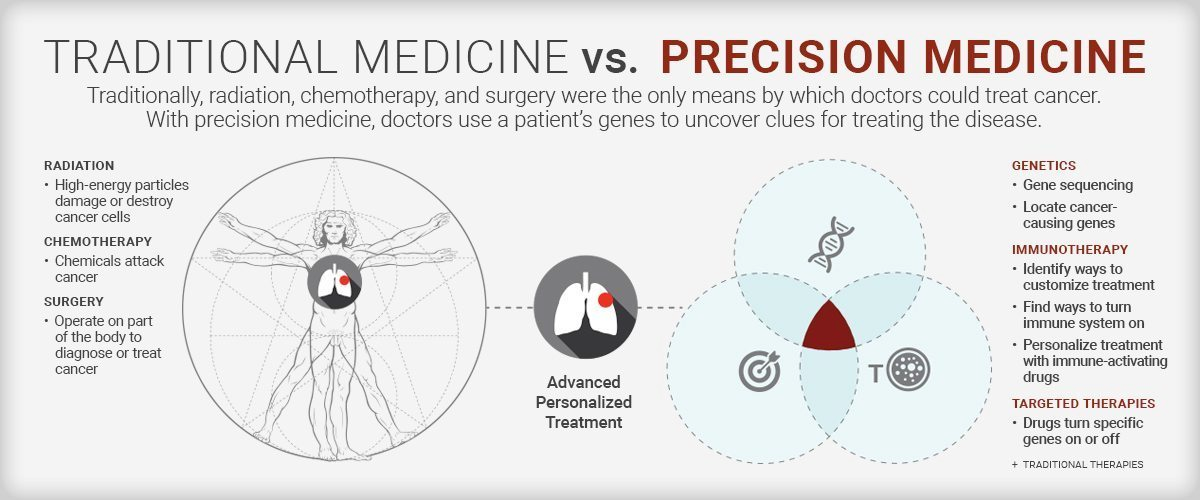Precision Medicine

Our team of experts have a patient-centered approach and thus can focuse I-M-O-N METHODOS, 100% hyper-personalised. We carefully apply, break – through techniques and tools to all of our therapies and programmes exploiting natural forces of the human biology.
The integration of precision medicine with principles of reverse engineering offers a revolutionary approach to healthcare, shifting the paradigm from a one-size-fits-all model to a personalized and predictive one, optimizing health from the cellular level to whole-body performance.
When applied to human health, these approaches can transform how we understand and improve the continuum from cellular health to holistic body performance. Here’s how:
- Precision Medicine:
Precision medicine refers to tailoring medical treatment to the individual characteristics of each patient. The goal is to customize healthcare, with decisions and treatments tailored to each individual in every way possible.
- Genomic Profiling: At the cellular level, precision medicine often starts with genomics. By understanding an individual’s genome, it’s possible to detect predispositions to certain diseases or predict how they will react to certain drugs.
- Targeted Therapies: With the knowledge of specific mutations or cellular pathways causing a disease, treatments can be designed or chosen to target these anomalies specifically, thereby offering higher chances of success and reduced side effects.
- Customized Treatment Plans: Patients can receive treatments optimized for their unique genetic makeup, environment, and lifestyle. This might mean adjusting dosages, mixing treatments, or adopting entirely new therapies that will work best for their unique biology.
- Reverse Engineering:
Reverse engineering typically involves deconstructing a system to understand its components and their interrelationships, enabling the replication or improvement of the system.
- Understanding Biological Processes: In the context of biology and health, reverse engineering can be thought of as decoding the complex systems and processes of the human body. By understanding how these systems work, it becomes possible to identify where they can fail and how to intervene
- System Biology and Network Medicine: These fields often use reverse engineering principles to understand how biological molecules interact on a systems level, offering insights into how diseases spread through these networks and where interventions might be most effective.
- Creating Predictive Models: With a deeper understanding of biological systems, it’s possible to create models that predict disease progression or how someone might react to a treatment. These models can be adjusted and refined based on actual outcomes, leading to more accurate predictions over time.
- Integration for Total Health:
- Cellular Health: By combining the personalized insights from precision medicine with the systemic understanding derived from reverse engineering, it’s possible to intervene at the cellular level to prevent or treat diseases, ensuring cellular health and balance.
- Optimizing Systems: The same principles can be applied on larger scales, from optimizing organ function to tweaking metabolic pathways for peak performance.
- Predict and Prevent: Instead of waiting for diseases to manifest and then treating them, these approaches can predict vulnerabilities and allow for early interventions, dramatically improving outcomes.
- Tailored Health Regimens: Beyond treating diseases, this combined approach can lead to personalized health regimens, including tailored diets, exercise routines, and supplements that ensure optimal health and peak performance for individuals.

